Impact of Domestic Abuse
Impact of Domestic Abuse
Domestic violence and abuse has wide reaching consequences, it is important to consider the impact (mental, emotional, physical, social and financial) on the individual survivor and her family and children, and also the wider societal costs. You can find out more information about the impact of domestic violence and abuse here.
The Impact of Domestic Abuse on Children
Children can experience both short and long term cognitive, behavioural and emotional effects from witnessing and living with domestic abuse. It is important to note that each child responds differently and some maybe resilient and do not display any negative effects from their experiences.
Children’s responses to the trauma they see varies due to a multitude of different factors including but not limited to age, race, sex and their stage of development. It is also important to remember that any responses may be caused by something other than witnessing the domestic abuse.
Children are individuals and may respond to witnessing abuse in different ways. These are some of the effects described in a briefing by the Royal College of Psychiatrists (2004):
- They may become anxious or depressed.
- They may have difficulty sleeping.
- They have nightmares or flashbacks.
- They can be easily startled.
- They may complain of physical symptoms such as tummy aches and may start to wet their bed.
- They may have temper tantrums and problems with school.
- They may behave as though they are much younger than they are.
- They may become aggressive or they may internalise their distress and withdraw from other people.
- They may have a lowered sense of self-worth.
- Older children may begin to play truant, start to use alcohol or drugs, begin to self-harm by taking overdoses or cutting themselves or have an eating disorder.
Children may also feel angry, guilty, insecure, alone, frightened, powerless or confused. They may have ambivalent feelings towards both the abuser and the non-abusing parent. Find out more.
Children are recognised victims of domestic abuse
Children affected by domestic abuse will be automatically treated as victims regardless of whether they were present during violent incidents.
In December 2022, the Crown Prosecution Service updated legal guidance to the Domestic Abuse Act 2021, specifically asking prosecutors to consider the impact domestic abuse has on young people when making a charging decision. This includes speaking to schools or Child Services to support evidence of long-standing abuse. Read more about this.
If you or someone you know is in immediate danger or in need of urgent protection, call the police on 999.
Staying Safe / Practical Advice
We’ve put together some suggestions you might want to consider in order to make yourself as safe as possible.
Our Partners
Across Ealing there are a number of support services available to help in making the right decisions for you.

Want to report something? Visit Street Safe >

